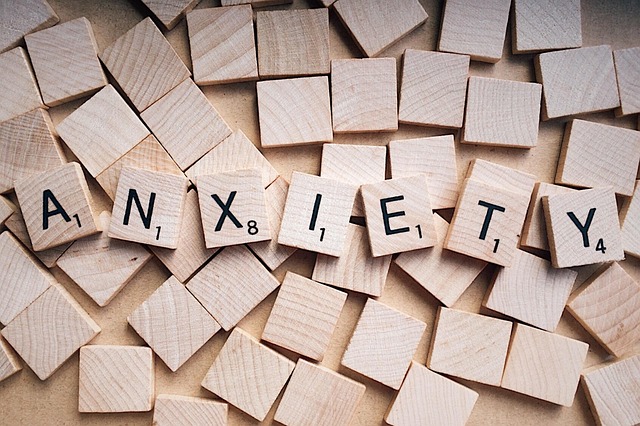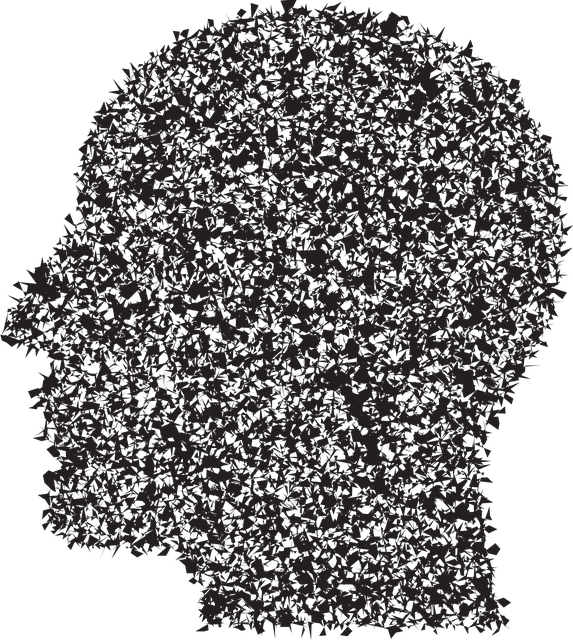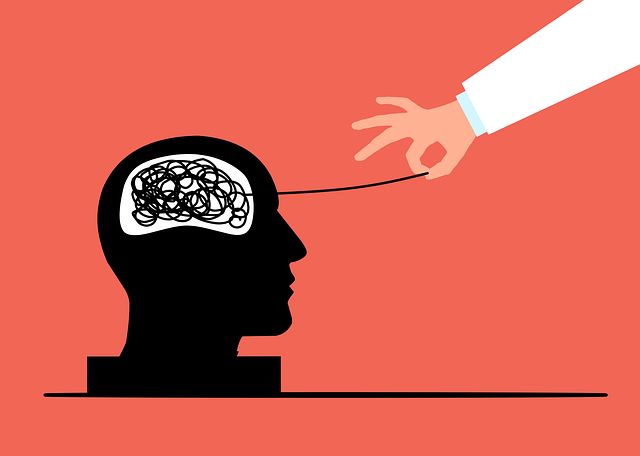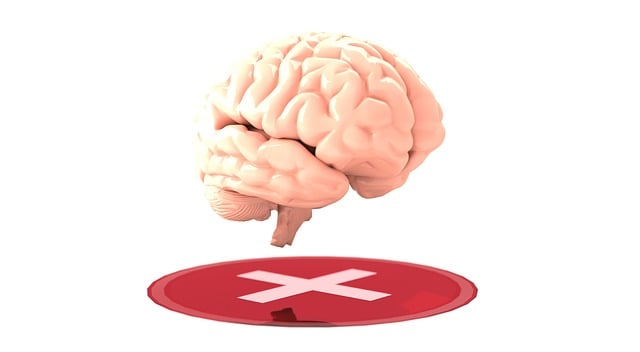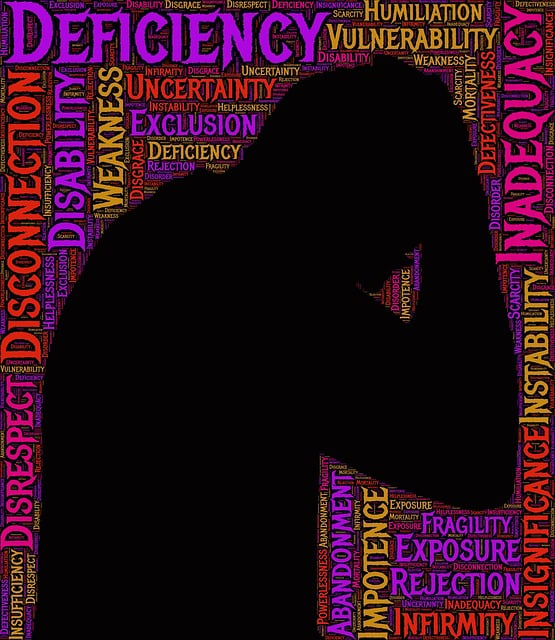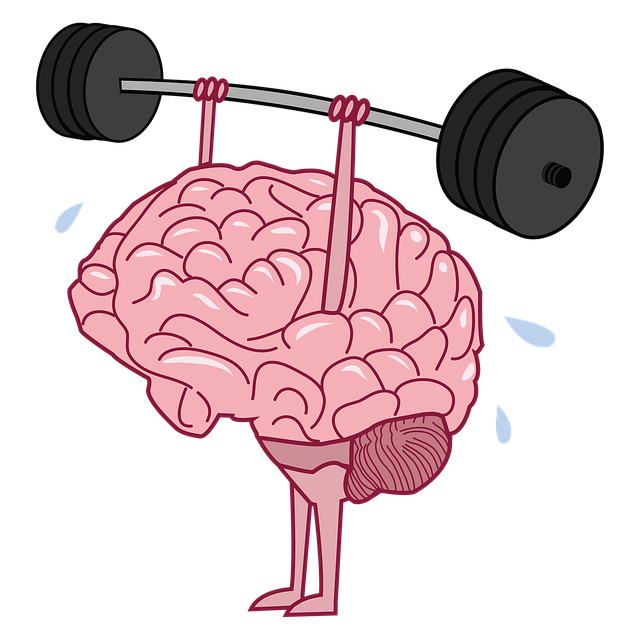Mental wellness self-assessment tools are vital for early intervention in young children, especially those with Functional Neurological Disorders (FND), which cause unexplained physical symptoms impacting daily life. Using age-specific tools, parents and caregivers can identify mental health issues by assessing emotional regulation skills through exercises normalizing conversations about emotions. Early FND detection is key for effective therapy and brain development. Interactive self-assessment tools tailored to young children encourage active participation in their wellness. Community programs reducing stigma and accessible crisis support improve mental health management. Integrating therapy into these tools, with techniques like compassion cultivation, enhances outcomes for kids diagnosed with FND, empowering them to cope with anxiety and stress.
Mental wellness self-assessment tools play a pivotal role in early childhood development, offering crucial insights into children’s emotional well-being. This article delves into essential aspects of mental health evaluation for young children, focusing on identifying functional neurological disorders and designing effective assessment methods. We explore a comprehensive approach that integrates therapy, emphasizing the significance of early intervention to foster healthy development and enhance outcomes for therapy in young children with potential Functional Neurological Disorders.
- Understanding Mental Wellness Self-Assessment for Young Children
- Identifying Functional Neurological Disorders in Early Development
- Designing Effective Tools for Assessing Mental Health in Kids
- Integrating Therapy for Better Outcomes: A Comprehensive Approach
Understanding Mental Wellness Self-Assessment for Young Children

Mental wellness self-assessment tools play a pivotal role in early intervention for young children, especially those with potential Functional Neurological Disorders (FND). These disorders often manifest as unexplained physical symptoms and can significantly impact a child’s daily functioning and overall well-being. By utilizing self-assessment tools designed specifically for this age group, parents, caregivers, and educators can gain valuable insights into a child’s mental health status.
Assessing mental wellness in young children involves tapping into their emerging self-awareness and emotional regulation skills. Self-Awareness Exercises tailored for this demographic can help identify subtle shifts in behavior or mood that may point to underlying mental illness. Through these exercises, children learn to recognize their emotions and express them healthily, marking a crucial step in stigma reduction efforts related to mental illness. By normalizing conversations about emotions and mental health, we empower young individuals to advocate for themselves and seek appropriate therapy when needed.
Identifying Functional Neurological Disorders in Early Development

Early identification of Functional Neurological Disorders (FND) is a crucial step in ensuring effective therapy for young children. FND can manifest as various challenges in a child’s development, such as motor dysfunctions, sensory processing issues, or cognitive difficulties. By recognizing these disorders at an early stage, healthcare professionals can intervene promptly and provide specialized support. This proactive approach is vital in promoting healthy brain development and enhancing the child’s overall mental wellness.
One of the key challenges in identifying FND is that its symptoms can often be attributed to other conditions, especially during childhood when stress management and positive thinking are crucial for development. Mindfulness meditation has emerged as a valuable tool to support young minds, aiding in self-regulation and improving mental resilience. Early detection strategies should incorporate these techniques to facilitate a comprehensive understanding of children’s neurological health.
Designing Effective Tools for Assessing Mental Health in Kids

Designing effective self-assessment tools for mental health among children is a nuanced task that requires careful consideration. Youngsters’ minds are still developing, making it essential to create age-appropriate resources. These tools aim to identify early signs of mental distress or even specific conditions like functional neurological disorders (FND), which can often be overlooked in pediatric populations due to the stigma surrounding mental illness. By incorporating interactive and engaging elements, therapists can encourage kids to participate actively in their own mental wellness evaluations. This approach not only fosters a sense of autonomy but also promotes open communication about emotional well-being.
Incorporating therapy techniques tailored for young children into these self-assessment methods is vital. Community outreach program implementations focusing on mental health awareness can further reduce the stigma associated with seeking help. Crisis intervention guidance, designed to be accessible and understandable to both children and their caregivers, plays a significant role in timely support. Ultimately, these efforts contribute to better identification and management of mental health issues in kids, ensuring they receive the necessary care and support.
Integrating Therapy for Better Outcomes: A Comprehensive Approach

Integrating therapy into self-assessment tools for mental wellness can significantly enhance outcomes, especially when tailored to meet the unique needs of young children. Therapy plays a pivotal role in supporting their emotional development and fostering resilience. For children diagnosed with functional neurological disorders (FND), a comprehensive approach that combines various therapeutic techniques can be transformative.
By incorporating evidence-based practices such as compassion cultivation and trauma support services alongside traditional therapy, these tools become more effective. Stress management strategies, for instance, can empower young individuals to cope with anxiety and stress related to their disorder. This holistic integration ensures that the assessment process not only identifies challenges but also equips children with valuable skills to navigate their mental health journey.
Mental wellness self-assessment tools play a pivotal role in early childhood development, particularly when it comes to identifying functional neurological disorders. By integrating effective assessment methods and tailored therapy, we can significantly enhance the mental health outcomes for young children. These strategies not only support their present well-being but also lay the foundation for a healthier future. In focusing on both the mind and the brain, we can ensure that each child receives the comprehensive care they need to thrive.

